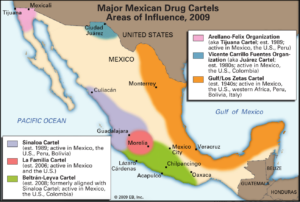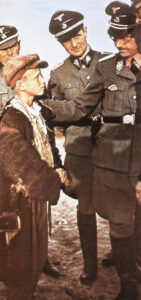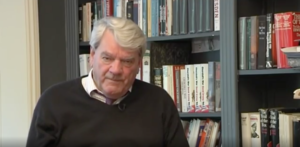You might get a headache after watching this video but the Christian proves our point!
Bob’s main argument was that throughout the Middle Ages Christians didn’t try to expel the Jews from their kingdoms permanently (e.g., Edward I / Oliver Cromwell). It’s fascinating that the red-headed Jew, after the 16th minute, tried to give an example to try to refute Bob the Christian. The Jew said that they were expelled from Jerusalem after the wars against Rome. But that was before Constantine! Those who prohibited the Jews from entering Jerusalem were the so-called ‘pagan’ emperors after the Rome vs Judea wars!
The Christian is right: the medieval kingdoms, before the Enlightenment, were comparatively tolerant of the Jews because they always expected that they would convert. In other words: without Constantine and the subsequent Christian emperors, intolerance against the Jews would have taken its natural course.
Let’s imagine the opposite case: that the Church had eradicated Judaism and, conversely, had tolerated what they called ‘paganism’. What would the world be like today? There would certainly be no Jewish problem! The way this Christian preacher, Bob, proves our point is impressive.
Even more fascinating is that after the 22-minute mark, Bob admits that the whole argument started (earlier) when he was arguing with a white nationalist. Unlike him, Bob sees nothing wrong with black people in the West cohabiting with us. The preacher yelled to the multitudes: ‘The Christian worldview has always been multi-racial, multi-ethnic and multi-national’ (exact moment: here).
Wow! What a way to expose Christianity!
 Do you understand my claim now as to why the Christian Problem encompasses the Jewish Problem? Later Bob, when discussing with the other Jew said, ‘Do you know that the first Christians were all Jews?’ And then he says that the first edict of tolerance for the Jews was issued by Constantine in the year 315 (those who worshipped the true Gods wouldn’t have done such a thing)! But a few seconds later he says something that is not true: that there was always a place for pagans in Christianity. (Like the racial right folk, Bob ignores what Constantine, his successors—except Julian—and the bishops with Semitic blood did with those who worshipped Aryan Gods.)
Do you understand my claim now as to why the Christian Problem encompasses the Jewish Problem? Later Bob, when discussing with the other Jew said, ‘Do you know that the first Christians were all Jews?’ And then he says that the first edict of tolerance for the Jews was issued by Constantine in the year 315 (those who worshipped the true Gods wouldn’t have done such a thing)! But a few seconds later he says something that is not true: that there was always a place for pagans in Christianity. (Like the racial right folk, Bob ignores what Constantine, his successors—except Julian—and the bishops with Semitic blood did with those who worshipped Aryan Gods.)
Do you finally understand the concept of the transvaluation of Christian values (what Heydrich attempted)? When we think like him and not like Xtian nationalists, the Jewish problem will be solved—and the black problem, and the Hispanic problem, etc.



